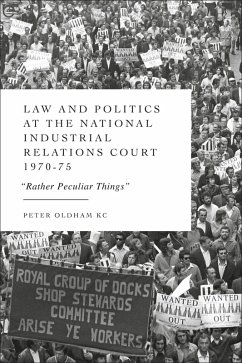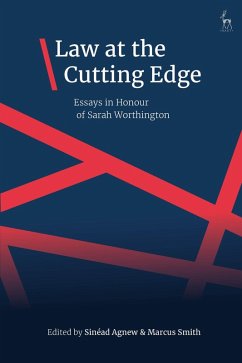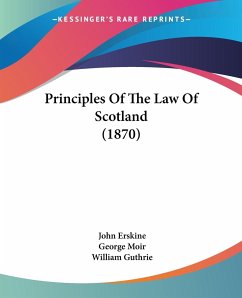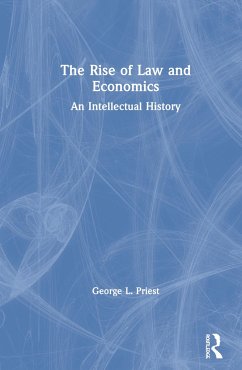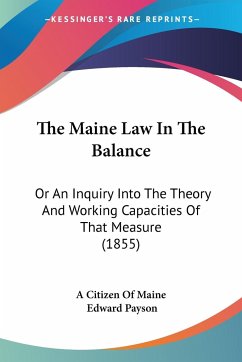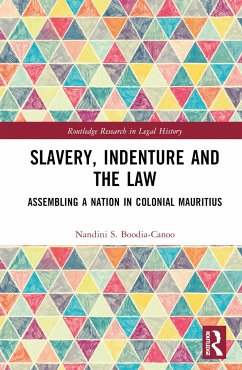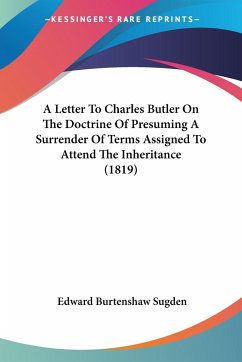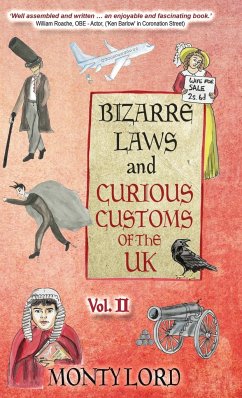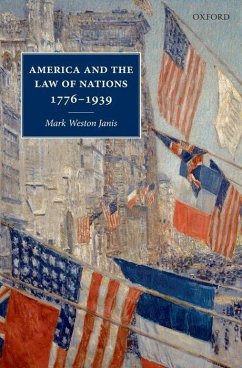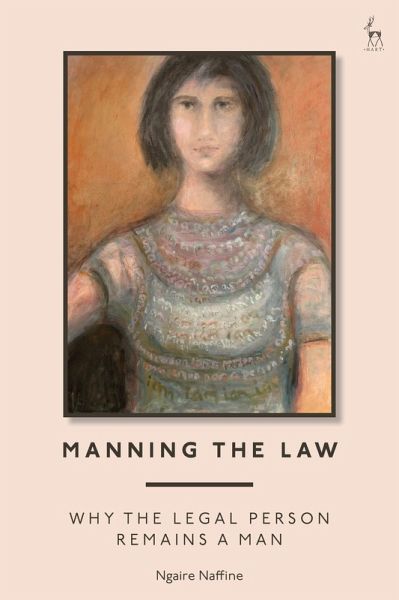
Manning the Law
Why the Legal Person Remains a Man
Versandkostenfrei!
Versandfertig in 1-2 Wochen
108,99 €
inkl. MwSt.

PAYBACK Punkte
54 °P sammeln!
This is a study of elite English men of English law and the methods they used to retain and justify their power and privilege, through controlling the story of the legal person. It looks at how these men of legal authority thought of themselves and their institution; how they studied and explained law; and how they put themselves in the middle of it, as the standard human in need of legal regulation and protection and in charge of that regulation and protection, and assigned to women an inferior legal role and being. The main concept employed to do all this was 'the legal person'. From the 186...
This is a study of elite English men of English law and the methods they used to retain and justify their power and privilege, through controlling the story of the legal person. It looks at how these men of legal authority thought of themselves and their institution; how they studied and explained law; and how they put themselves in the middle of it, as the standard human in need of legal regulation and protection and in charge of that regulation and protection, and assigned to women an inferior legal role and being. The main concept employed to do all this was 'the legal person'. From the 1860s to the 1920s the courts declared that women were not 'persons' who could exercise public power - to vote, to sit in Parliament, to gain degrees, to be lawyers. Up to the end of the 20th century, and into the 21st, women's personhood remained precarious in the private sphere, for rape was excused within a marriage and female reproduction remained under state control (as it still does). It looks at the positive exclusion of women from the means of making legal meaning, especially the ability to shape law's central concept and shows the epistemological effects of this sex differential of legal power which are still felt today. Leading legal thinkers who helped to construct the concept are still revered. Law's continuing male orientation is neither seen nor acknowledged and the legal person is treated (falsely) as if he had always been and remains anyone.



